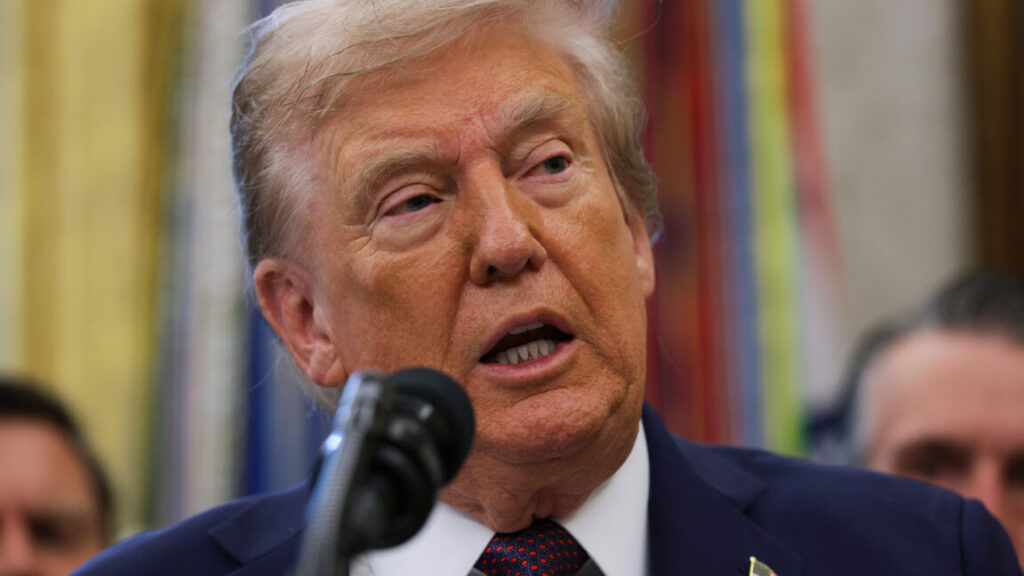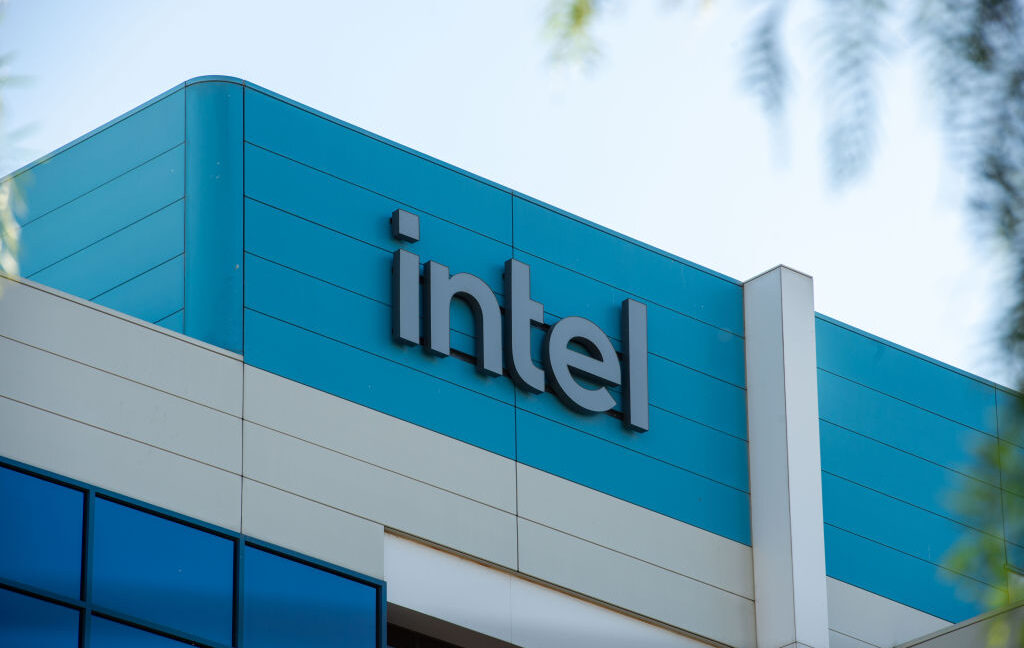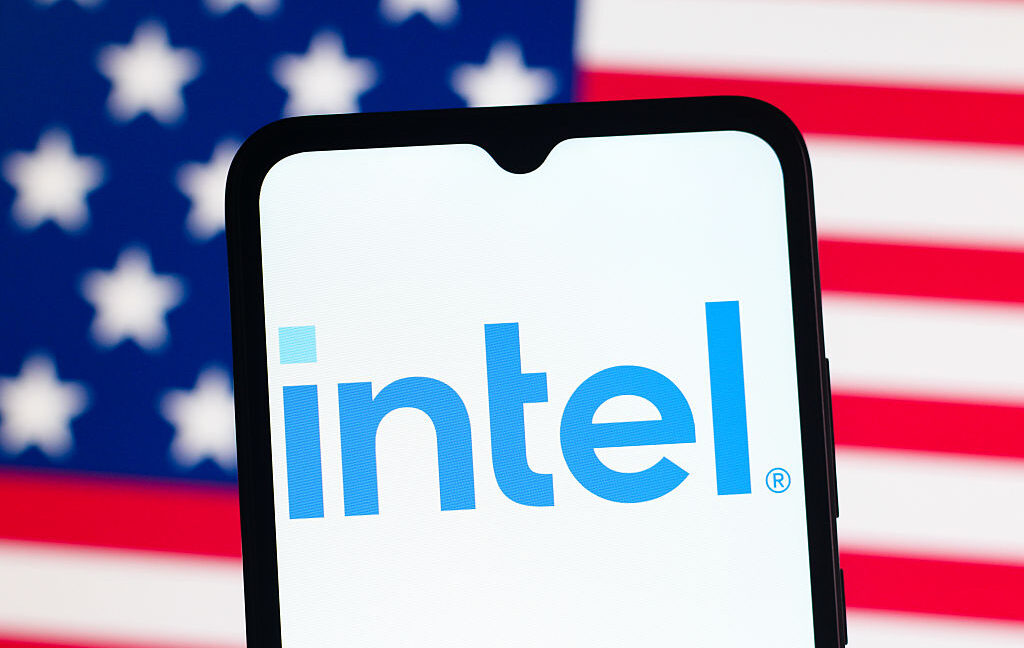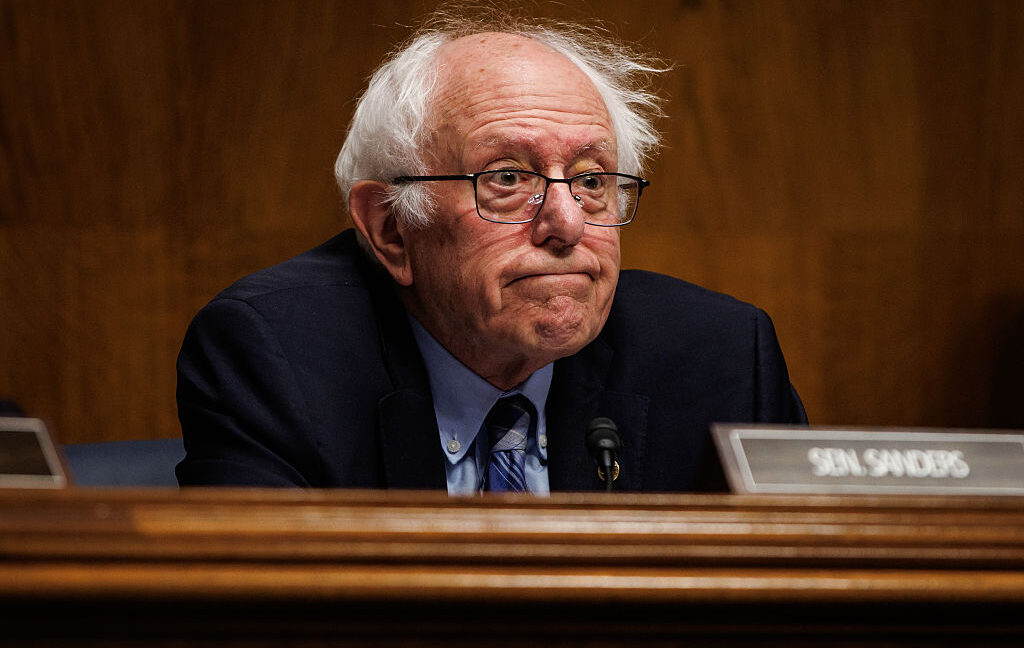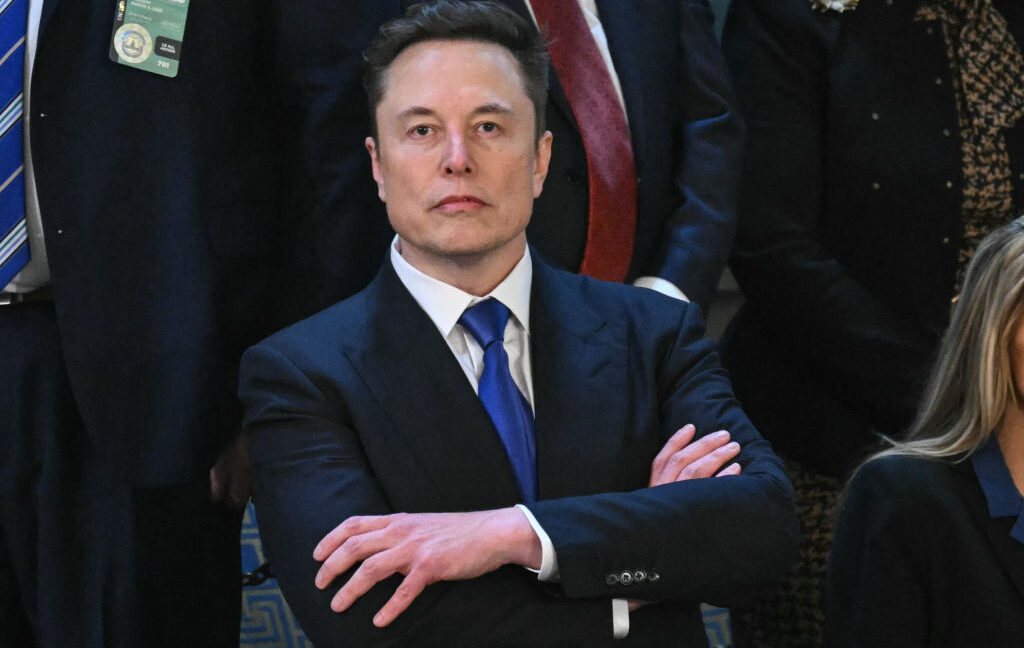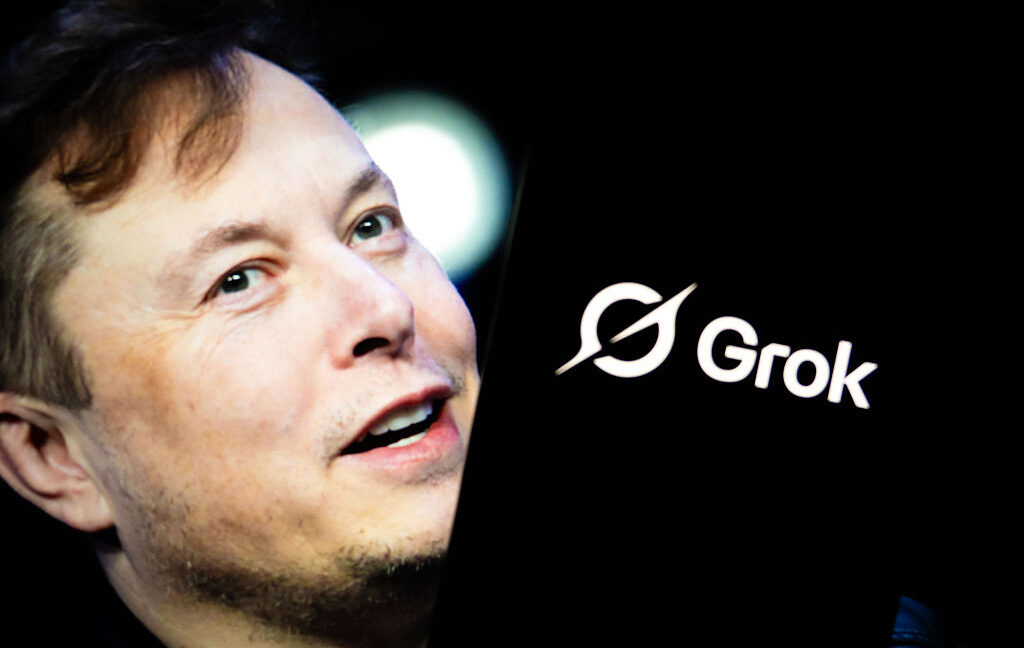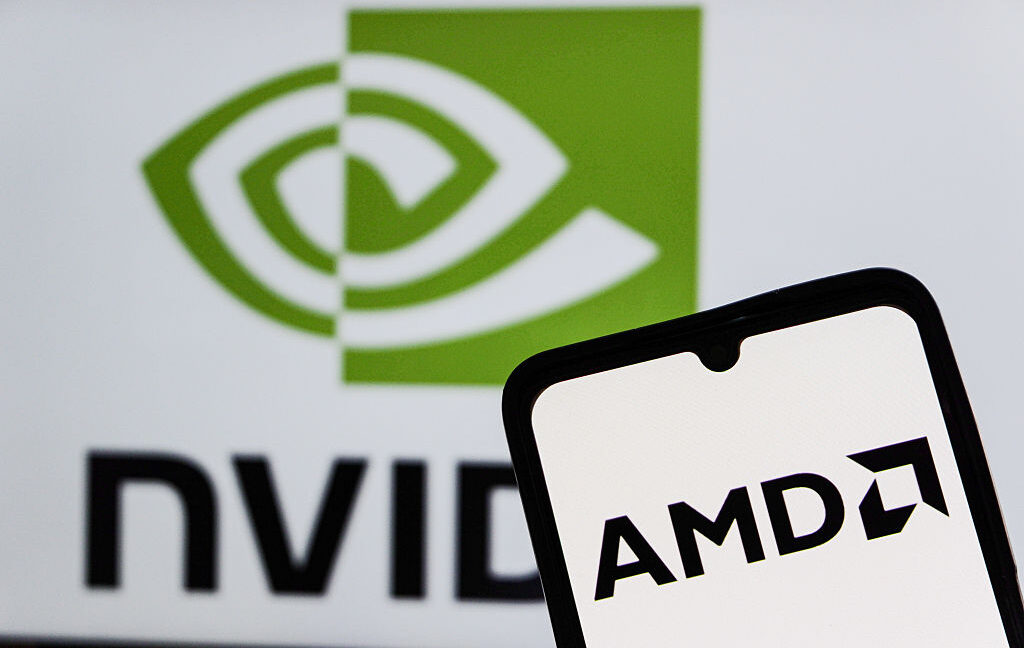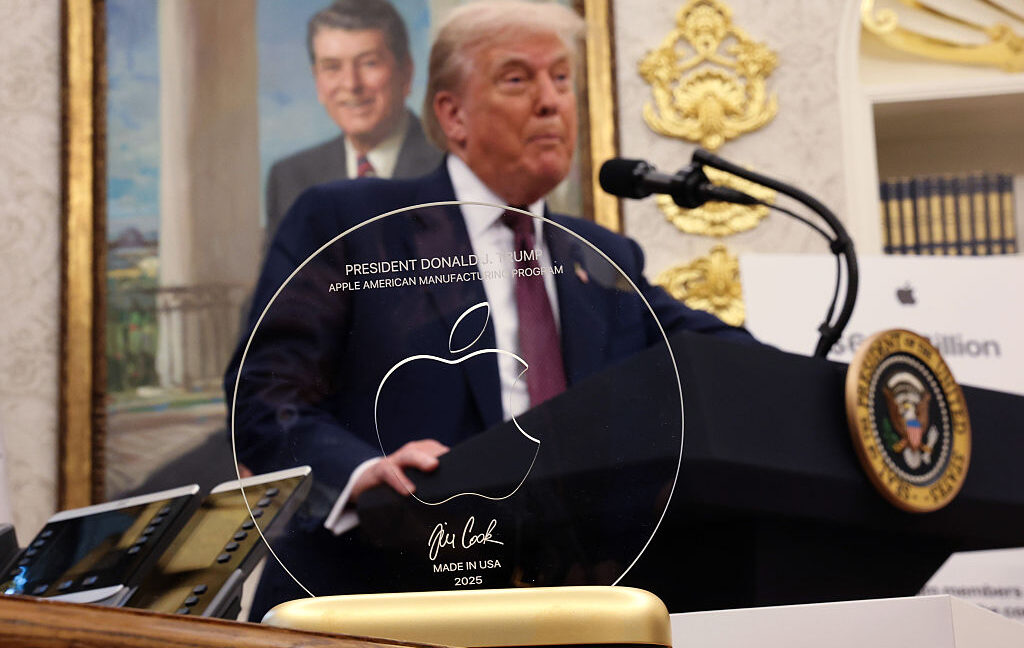GOP may finally succeed in unrelenting quest to kill two NASA climate satellites
Before satellite measurements, researchers relied on estimates and data from a smattering of air and ground-based sensors. An instrument on Mauna Loa, Hawaii, with the longest record of direct carbon dioxide measurements, is also slated for shutdown under Trump’s budget.
It requires a sustained, consistent dataset to recognize trends. That’s why, for example, the US government has funded a series of Landsat satellites since 1972 to create an uninterrupted data catalog illustrating changes in global land use.
But NASA is now poised to shut off OCO-2 and OCO-3 instead of thinking about how to replace them when they inevitably cease working. The missions are now operating beyond their original design lives, but scientists say both instruments are in good health.
Can anyone replace NASA?
Research institutes in Japan, China, and Europe have launched their own greenhouse gas-monitoring satellites. So far, all of them lack the spatial resolution of the OCO instruments, meaning they can’t identify emission sources with the same precision as the US missions. A new European mission called CO2M will come closest to replicating OCO-2 and OCO-3, but it won’t launch until 2027.
Several private groups have launched their own satellites to measure atmospheric chemicals, but these have primarily focused on detecting localized methane emissions for regulatory purposes, and not on global trends.
One of the newer groups in this sector, known as the Carbon Mapper Coalition, launched its first small satellite last year. This nonprofit consortium includes contributors from JPL, the same lab that spawned the OCO instruments, as well as Planet Labs, the California Air Resources Board, universities, and private investment funds.
Government leaders in Montgomery County, Maryland, have set a goal of reducing greenhouse gas emissions by 80 percent by 2027, and 100 percent by 2035. Mark Elrich, the Democratic county executive, said the pending termination of NASA’s carbon-monitoring missions “weakens our ability to hold polluters accountable.”
“This decision would … wipe out years of research that helps us understand greenhouse gas emissions, plant health, and the forces that are driving climate change,” Elrich said in a press conference last month.
GOP may finally succeed in unrelenting quest to kill two NASA climate satellites Read More »

